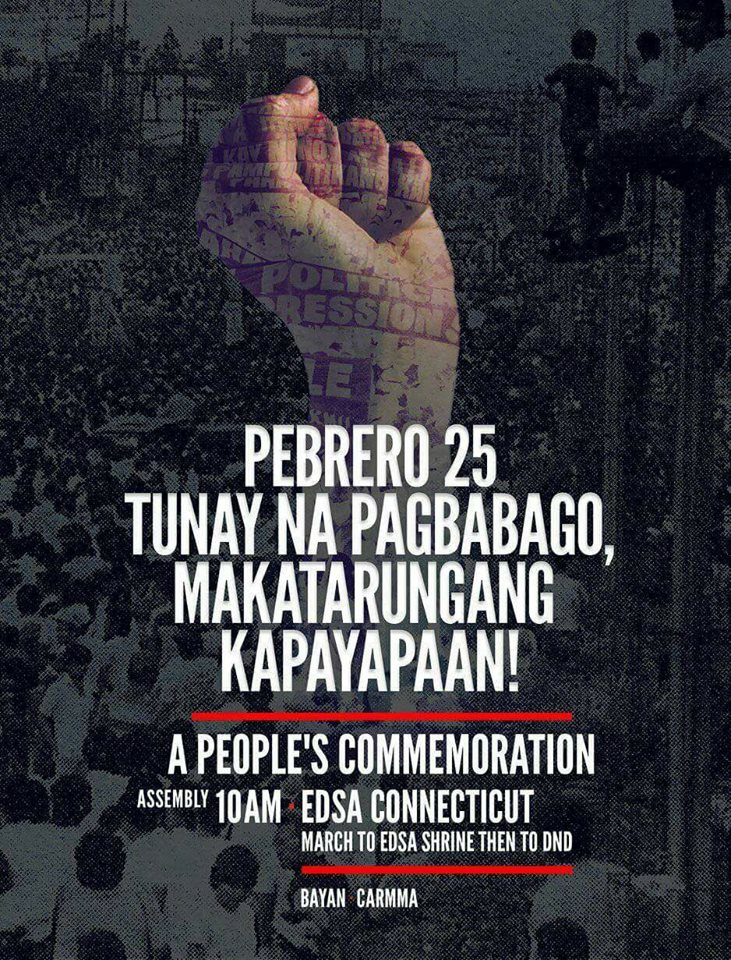Netizens on “Red Alert” after Supreme Court’s TRO
This is a press statement from the Foundation for Media Alternatives and PIFA
Some bloggers demand apology from Palace for “threatening democracy”
Manila, Philippines – From black to red.
Red is the new color of protest against the Cybercrime Prevention Act of 2012, according to the members of the Philippine Internet Freedom Alliance (PIFA), a broad group of Filipino bloggers, lawyers, civil rights advocates, and journalists.
“Red is a symbol for netizens vigilance. PIFA will be on red alert until the Supreme Court declares the Republic Act 10175 unconstitutional or Congress repeals the law,” PIFA said in a statement two days after the Supreme Court issued a 120-day TRO on the controversial law. PIFA started the “Black Tuesday” facebook campaign, mobilizing hundreds of netizens to protest against “Cyber Martial Law” in front of the Supreme Court during its en banc sessions last October 2 and 9.
“We ask the Supreme Court to prove itself as steadfast in upholding our civil and political rights by finally ruling with finality that RA 10175 is unconstitutional. Nothing less is expected of it,” said PIFA spokersperson Kenneth Keng
PIFA also waged a legal battle against RA 10175 online, filing the 15th and last petition against the law before the Supreme Court decided to issue the TRO.
Digital activist Ayeen Karunungan reminded, “The Internet has helped transform the face of activism, how we protect it is now up to us.”
Threat to democracy
Some blogger members of PIFA also demanded that President Benigno Aquino III publicly apologize for posing “a grave threat to democracy” and “retract its support for a very flawed and antidemocratic law.”
“The TRO is not just a signal for Congress to repeal the law. It also sends a strong message to Aquino that it is not above the law. It is effectively a rebuke that Malacañang should take seriously,” PIFA said.
A women’s group warned government agencies against using the “TRO as an excuse not to respond, assist nor protect the victims from seeking justice, in order to justify the Cybercrime Prevention Act.”
Women’s Legal and Human Rights Bureau insisted that while the law aims to prevent and combat crimes –like violence against women (VAW) occurring in the cyber space, RA 10175“fails to concretely define what constitute the violation under its cybersex provision” and therefore “poses more harm to women who are usual victims of sexual violence in cyberspace.”
Momblogger Noemi Lardizabal-Dado said that she welcomes “engagement with government to craft a better law that protects women and children and strives for equal protection for everyone.”
Foundation for Media Alternatives (FMA), a member of PIFA, vowed to document cases of technology related VAW, and together with other women’s groups and women’s rights groups, present this to the Department of Justice so that it can “craft more effective mechanisms to address technology-related VAW, instead of advocating for a flawed, women-unfriendly Cyber Martial Law.”

